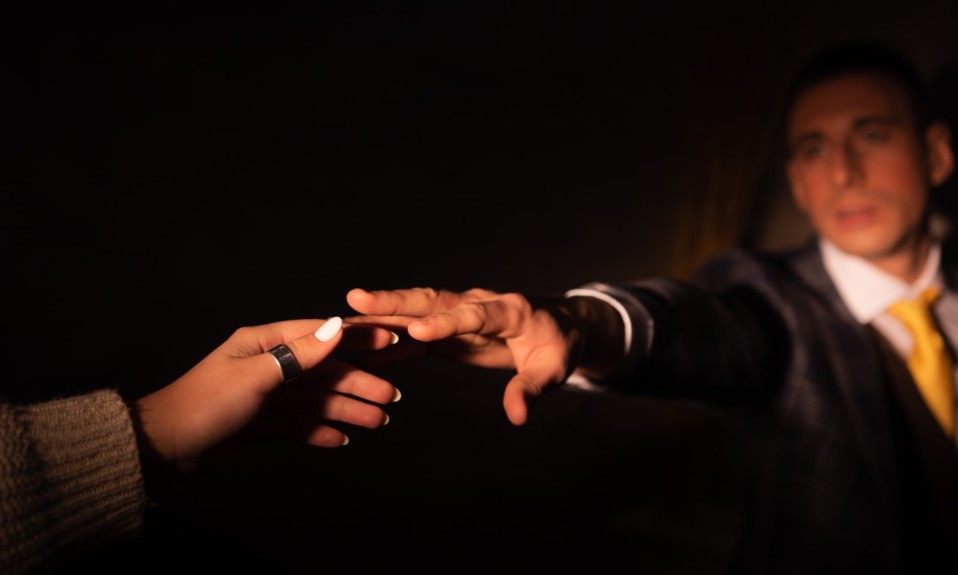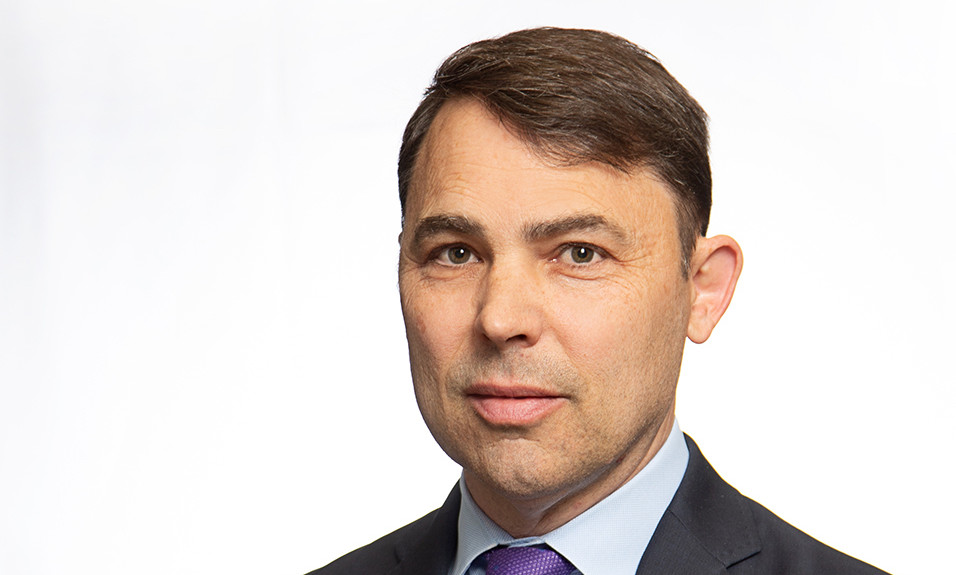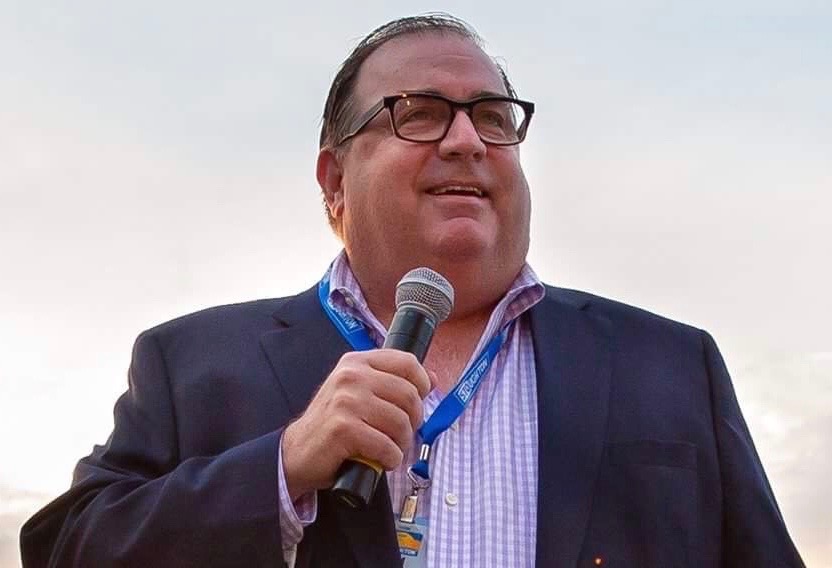There are many ways to reach out for the treatment you need—and we have some tried-and-true ideas
By Patrick McElwaine, Psy.D., LPC
“I need help. I can’t do this anymore.”
Those were the words I said to my mom when I knew my life was falling apart and I felt like I was losing everything. Although I would continue to struggle for many years with alcohol and drugs after uttering those words, saying them aloud (or to yourself) is an extremely significant moment in one’s life. You say the words … now what? What type of treatment is appropriate for you? Will your insurance cover it? What if you don’t have insurance? Should you do inpatient or outpatient therapy? Should you do 12-step meetings? Where do you find the meetings? These are the questions and reservations you have before actually working treatment and being “okay” with yourself for having a substance use disorder.
Yes, many questions arise when you’re looking for treatment or trying to find support to not use drugs and alcohol in your life. So first, let me say this: Congratulations! To state out loud that you need help is a huge step in recovery. After that, reach out to the people who have indicated they want to help you, even if your current relationship with them is nonexistent or filled with discord. Furthermore, the mental health system is not perfect, and obstacles and barriers will present themselves, such as whether insurance will cover your services. I’m hoping that some of the recommendations and resources below can help you if you’re struggling with what to do next.
Please know that you might sometimes lose motivation to continue recovery. Prepare for those times. A therapist and 12-step meetings can help in this regard.”
Substance Abuse and Mental Health Services Administration (SAMHSA)
Contact SAMHSA’s National Helpline, which provides 24-hour free and confidential referrals and information about mental health and/or substance use disorder, prevention, treatment and recovery. SAMHSA’s number is 1-800-662-HELP (4357), and its website has additional information on finding help and treatment options.
Type of Treatment Setting
There are numerous types of treatment services, from medical-managed intensive inpatient to residential/inpatient, intensive outpatient/partial hospitalization, and outpatient programs. The type you choose will depend on factors such as type of substance to which you’re addicted, the intensity of use, or whether there’s a need for detox treatment. Contact local treatment centers for an assessment that will help you make these determinations. Also, note that detox should be taken very seriously, especially as it relates to alcohol and benzodiazepines.
12-Step Groups
Attend a 12-step support group. These programs can be of great help in your early struggles with recovery and in guiding you through your long-term journey. As with every group (especially when you are struggling with substance use disorder, trauma, depression, etc.), you will find many reasons why a particular group isn’t right for you or why it actually hurts your recovery. What worked for me—and what I tell others—was to attend these groups and find one positive thing that could help me stay sober and clean that day/night. Focusing on the positive allowed me to filter out numerous negative thoughts and focus on something I could take with me after the group ended. Also, two apps I would recommend other than searching online for meetings are Meeting Guide and Pink Cloud. They provide information for all types of meetings in your proximity.
Social Media Support Groups
Like the support from 12-step meetings, numerous social media support groups have been amazingly helpful—whether it’s reaching out when you’re struggling, having a good laugh, or being able to ask questions related to things like treatment, sober living and insurance. As I said, you must ignore some of the negativity and take from these groups aspects that will help you recover.

Reaching Out
Your relationships with those who love you might be strained, cut off, absent or tense. I have found that this often happens when loved ones are trying to help us but we’re not ready or just don’t yet see that there’s a problem. So, wherever you are with your active addiction, call a loved one and say, “I need help. Please help me!” You don’t need to explain yet again that this time will be different—just state that you need help.
Loved Ones
Addiction is not an individual disease—it’s a family and community disease. I would recommend loved ones attending Al-Anon or Nar-Anon. Additionally, there are specific 12-step meetings that family members and loved ones can attend to support the person they love. My wife attended numerous open 12-step meetings with me in my early recovery, and I found it to be extremely beneficial.
Therapy
The combination of seeing a therapist and attending 12-step support groups can be a difference-maker. Addiction often is linked to underlying factors such as depression, trauma and anxiety.
Motivation
Please know that you might sometimes lose motivation to continue recovery. Prepare for those times. A therapist and 12-step meetings can help in this regard. It took me a very long time to get continued long-term recovery; I often thought it never would be possible. Remembering little sayings like “This too shall pass” and “One day at a time,” repeating the serenity prayer, seeing a therapist and attending 12-step meetings worked for me. I was able to prepare for those moments when I have struggled; I found ways to manage my negative thinking and emotions.
Patrick McElwaine, Psy.D., LPC, is known as “Dr. Mac” to his clients, students and colleagues. He has his own counseling practice, teaches counseling psychology at Holy Family University in Pennsylvania, is a faculty member at the Beck Institute and serves on the Bucks County National Alliance on Mental Illness (NAMI) board of trustees. His column “Dear Recovery” publishes regularly on TreatmentMagazine.com.
Top photo: Maksym Tymchyk; bottom photo: Nick Fewings













